|
Dodoma Profile |
Dodoma Profile |
Dodoma Profile | Dodoma Profile |
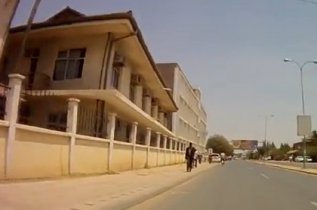 |
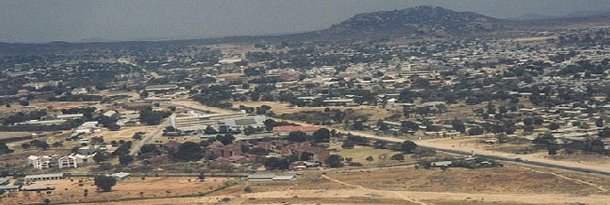
Dodoma Profile Beyond agriculture and wine, the city's status as the capital is spurring growth in other sectors. Construction is booming, supporting a wide range of ancillary businesses. The influx of government workers and related services has also stimulated the retail, hospitality, and service industries, creating new job opportunities and attracting further investment. As a planned capital, Dodoma's urban development has unfolded with a focus on creating an efficient and modern city. Significant investments have been made in infrastructure. The road network within the city and connecting it to other major towns has seen substantial upgrades. The Standard Gauge Railway (SGR), a flagship national project, now connects Dodoma to Dar es Salaam, drastically improving freight and passenger transport efficiency and symbolising the city's growing connectivity. New government buildings, residential complexes for civil servants, and modern commercial centres are steadily changing the city's skyline. The aim is to create a spacious, well-organised urban environment capable of accommodating the growth that comes with being the nation's political and administrative heart. Public services, including water and electricity supply, are continually being improved to meet the demands of a growing population.
While not yet a primary international tourist destination like Tanzania's northern safari circuit, Dodoma offers an authentic glimpse into Tanzanian urban life and holds historical significance. Visitors can explore Nyerere Square, a central park named after the founding president; visit the National Assembly building; or wander through the vibrant local markets, experiencing the rhythm of daily life and sampling local produce. The city's relatively calm pace, compared to Dar es Salaam, can be a refreshing experience. Dodoma also serves as a convenient base for exploring lesser-known but equally captivating parts of central Tanzania. Nearby attractions include the historic Kondoa Irangi Rock-Art Sites, a UNESCO World Heritage site known for its ancient cave paintings, and protected areas offering opportunities for wildlife viewing, albeit on a smaller scale than the famous national parks. As the city continues to develop, its potential as a cultural and historical tourist stop is likely to grow. Despite its progress, Dodoma's social profile faces challenges typical of rapidly developing cities. Ensuring adequate housing, improving public transport systems, and managing urban waste are ongoing priorities. The complete transfer of all government functions and the full establishment of supporting infrastructure require continued investment and careful planning. Nevertheless, Dodoma's future as the undisputed capital of Tanzania looks bright. Its strategic location, the government's unwavering commitment to its development, and its burgeoning economic sectors position it for sustained growth. As more businesses and people relocate, Dodoma's profile is steadily transforming from a quiet agricultural town into a bustling, modern city, living up to its intended role as the dynamic heart of the United Republic of Tanzania. It stands as a testament to a long-term vision, slowly but surely solidifying its place as a symbol of national unity and progress. |
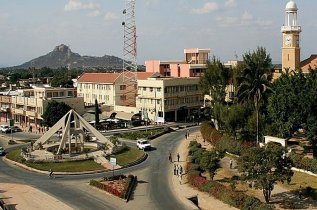

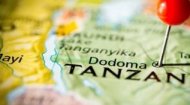


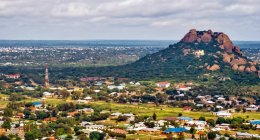 Dodoma is home to the University of Dodoma (UDOM), one of Tanzania's largest public universities. Established in 2007, UDOM plays a pivotal role in the region's intellectual and social development, attracting students from across the country and contributing to the city's vibrant youth demographic. The presence of such a large educational institution fosters research, innovation, and provides a skilled workforce for the city's evolving needs. Healthcare facilities are also expanding to cater to the increasing population, with regional hospitals and smaller clinics providing essential medical services. The social fabric of Dodoma is diverse, reflecting Tanzania's multitude of ethnic groups. As a magnet for civil servants, business people, and students from all over the country, Dodoma is a melting pot of cultures, languages, and traditions, yet it retains a distinctly relaxed and friendly atmosphere characteristic of central Tanzania.
Dodoma is home to the University of Dodoma (UDOM), one of Tanzania's largest public universities. Established in 2007, UDOM plays a pivotal role in the region's intellectual and social development, attracting students from across the country and contributing to the city's vibrant youth demographic. The presence of such a large educational institution fosters research, innovation, and provides a skilled workforce for the city's evolving needs. Healthcare facilities are also expanding to cater to the increasing population, with regional hospitals and smaller clinics providing essential medical services. The social fabric of Dodoma is diverse, reflecting Tanzania's multitude of ethnic groups. As a magnet for civil servants, business people, and students from all over the country, Dodoma is a melting pot of cultures, languages, and traditions, yet it retains a distinctly relaxed and friendly atmosphere characteristic of central Tanzania.


